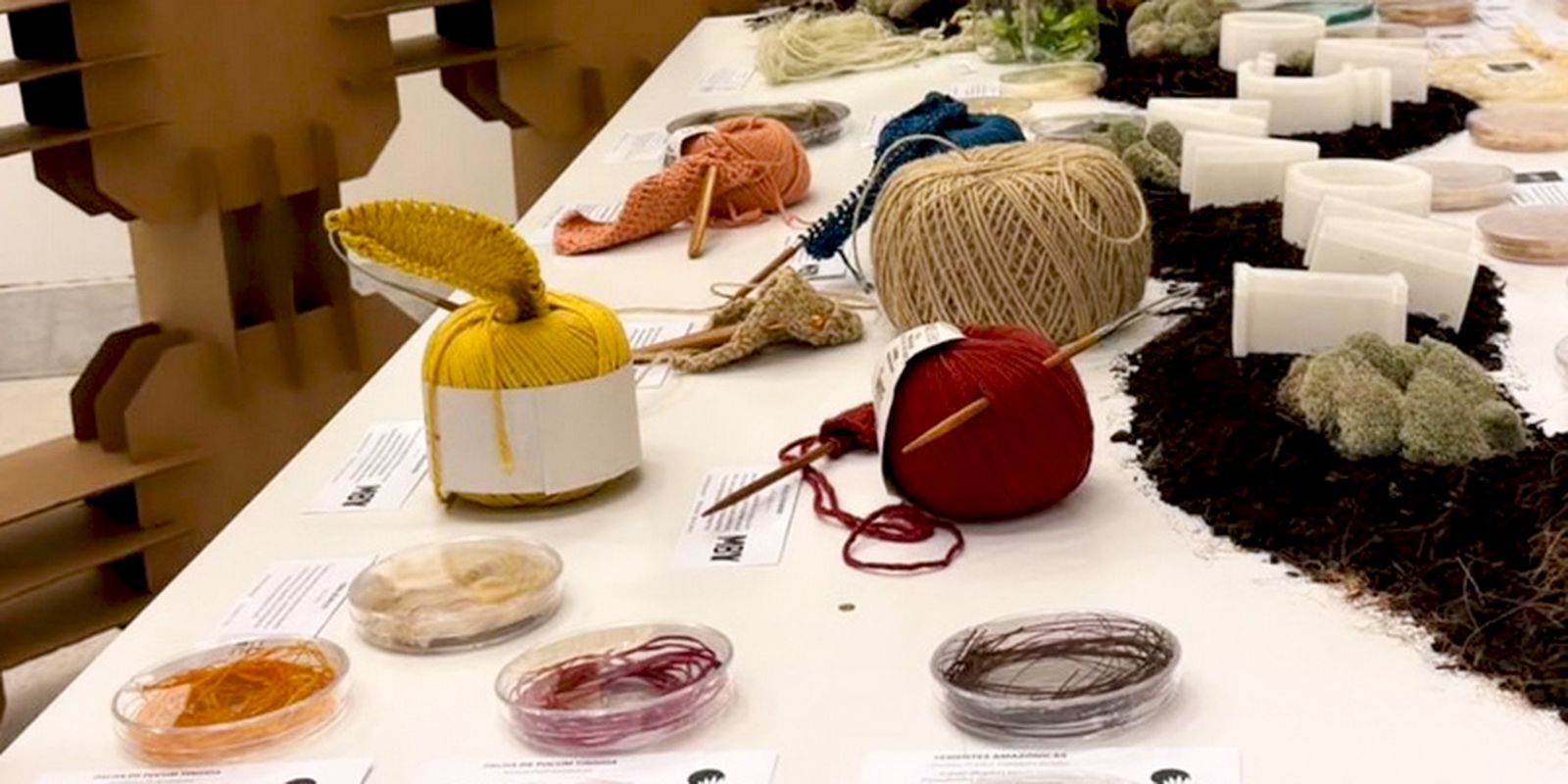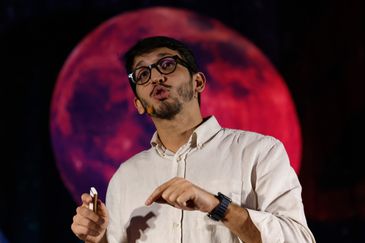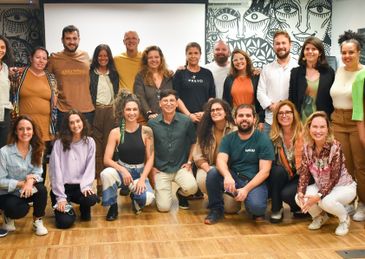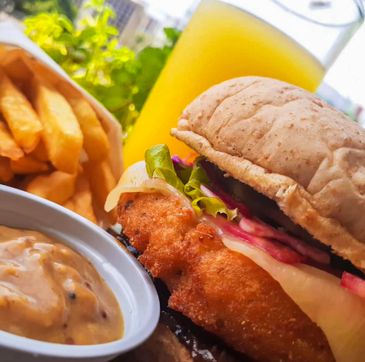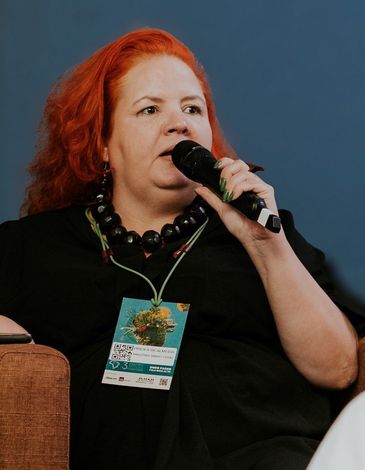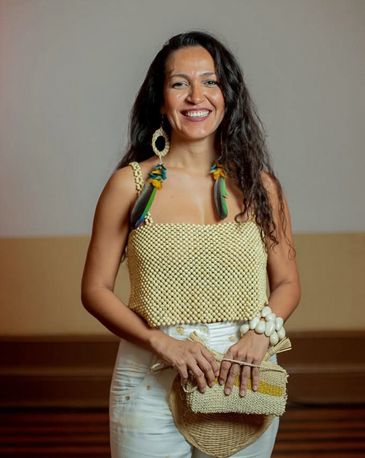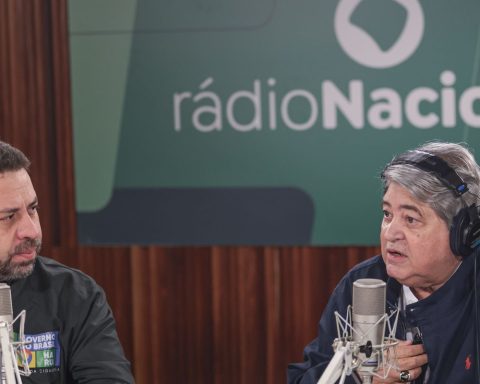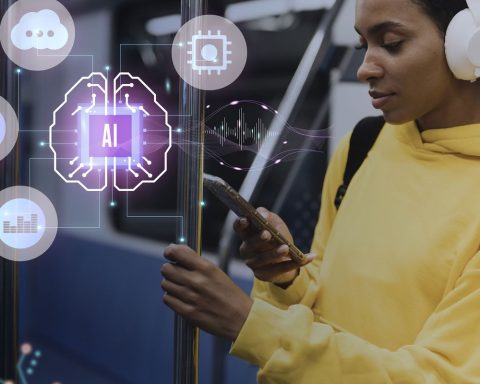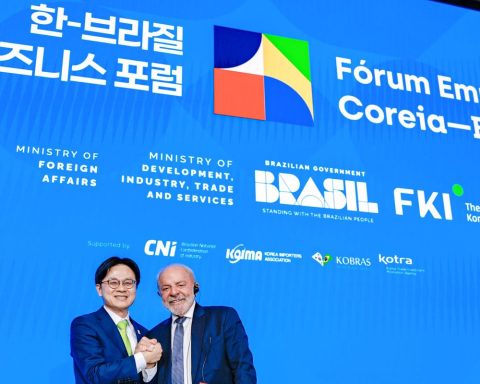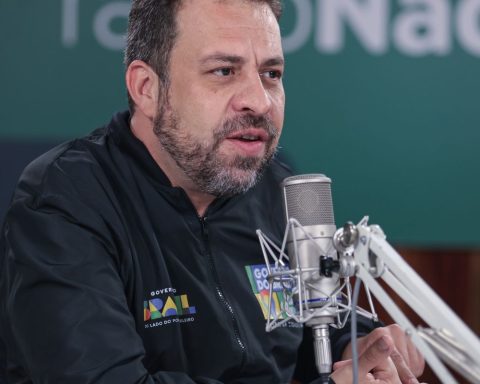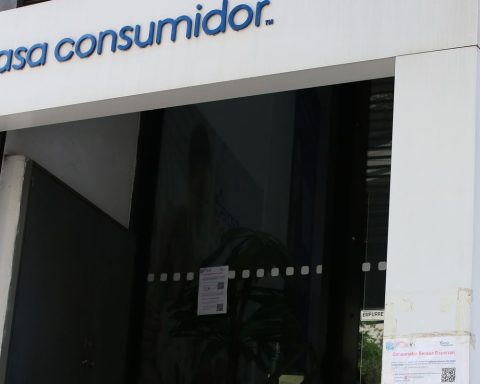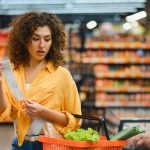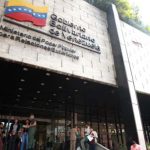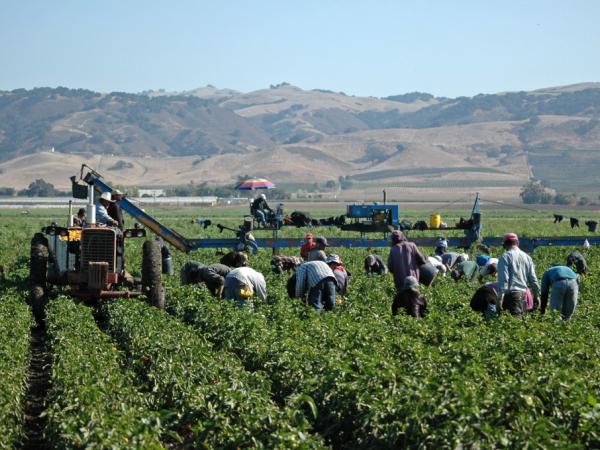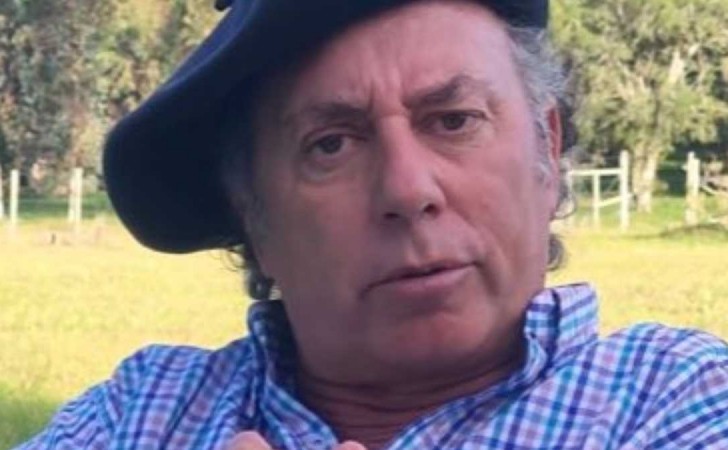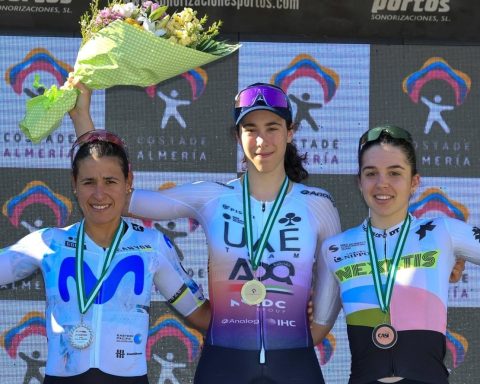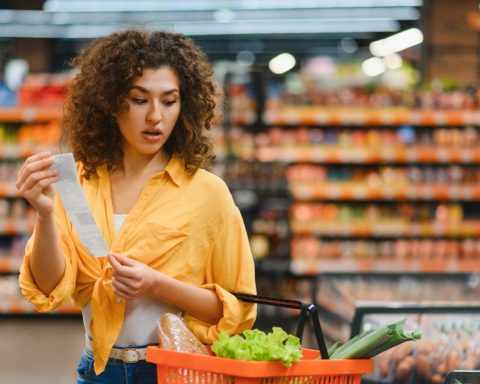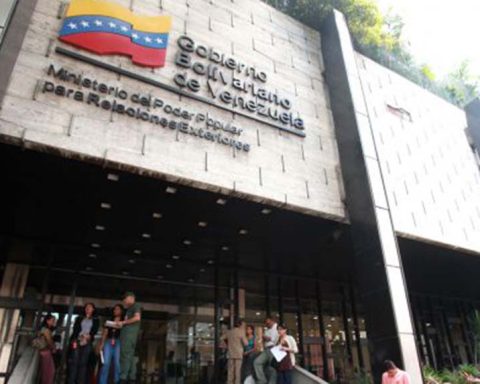Cupuaçu, cumaru, taperebá, tucupi, bacuri and buriti. From the interior of the forest, typical Amazon products are harvested by experienced hands from local communities. They are then transported by boatmen between winding rivers. When they arrive in Belém, Pará, they are transformed into juices, seasonings, sauces, jellies, granolas, flours and farofas.
The production cycle, which involves different people, and ends in the sale of products from the companies Manioca and Amazonique, is a very representative example of bioeconomy or socio-bioeconomy, a business model that combines income generation, biodiversity conservation and cultural appreciation.
“We have a great sense of purpose. It is driven by a genuine interest in generating social impact. And also generate innovation from these ingredients from the Amazon. It is a very direct relationship between companies and communities of all types, usually traditional people. These communities become suppliers. And, based on this raw material supply relationship, we develop technical assistance, generate income, create a long-term relationship of trust”, explains Paulo Reis, co-founder of Manioca and Amazonique.
Born in Belém, he gave up pursuing a legal career and chose to undertake businesses that had a positive impact on local society and nature. Manioca was born in 2014 with a focus on food products generated from cassava. It reaches markets in 13 Brazilian states and 12 other countries. Amazonique, focused on the production of Amazonian fruit juices, was created in 2022 and, for now, can be found on the shelves in the capital of Pará.
“There are around 50 families and 11 different cities that supply us with raw materials. And we collaborate with technical assistance for them, with direct contracts, fair long-term prices and we also monitor the preservation of the area”, says Reis.
The entrepreneur is a member of the Amazon Sociobioeconomic Business Association (Assobio), whose mission is the socioeconomic development of the region, prioritizing the conservation of the biome and the well-being of the people. There are 75 associated companies, more than 600 jobs and revenues of over R$42 million. Around 60% of the business is food, but there are other sectors such as cosmetics, pharmaceuticals, accessories and fashion.
Together, the companies purchase approximately 100 different ingredients from the Amazon, which go beyond the region’s main economic chains, such as açaí, cocoa and rubber. Assobio understands that the ideal scale for the Amazon is the multiplication of small and medium-sized initiatives.
“The Amazon is very used to always thinking about large projects, as if this were a place that has a lot of land for few people. It’s as if we here always need to have a large-scale intervention from outside. It is much healthier for the region if we think about creating and developing several small and medium-sized businesses. There is no point in big businesses coming here in an aggressive way, which could harm biodiversity, our traditions and the way of life that we so want to preserve”, argues Paulo Reis.
The position is corroborated by Valcleia dos Santos Lima, superintendent at Fundação Amazônia Sustentável (FAS), for whom it is necessary to prioritize plurality over mechanized monoculture.
“It is important that we see this Amazon environment as plural. And it is not appropriate, for example, to destroy an entire biodiversity to produce a single product, such as soy, corn, rice, or even livestock. You can, from this diverse territory, extract a series of products. And not stay in a production that has no results for the local population, which generates few jobs. For the Amazon, this type of business is not sustainable”, he says.
The specialist also understands that the bioeconomy is a suitable model for extracting the riches of the forest, without having to deforest it. In this case, the most important concept would be to generate income from the conservation of the Amazon.
“We have this difference between preservation and conservation. Preserving is what you cannot touch. We have areas and territories in the Amazon that are conservation areas. And conserving means you can enjoy it in a sustainable way. It means allowing what is left over from the locals’ subsistence to be sold and generate income for them, in a sustainable and responsible way, explains Valcleia.
Açaí and tucumã proteins
Economist and entrepreneur Priscila Almeida was born in Minas Gerais, but adopted Amazonas as her home 18 years ago. She is also a member of Assobio and has a biotechnology business applied to food, Smart Food. The company was created in 2016 and sells vegan products. Among the alternative proteins offered are hamburgers, sausages and açaí meatballs, and tucumã burgers.
Freeze-dried tucumã and açaí are also sold, that is, dehydrated in a process that goes directly from the solid to the gaseous state, without passing through the liquid. According to Priscila, they are 100% natural, without additives and preserve the flavors and nutrients of the Amazon Rainforest. Furthermore, 60% of the inputs come from Amazonian extractive communities.
In addition to Amazonas, the company sells products in São Paulo, Rio de Janeiro, Brasília and Espírito Santo. And it has plans to reach overseas markets. One of the obstacles at the moment is the effects of the climate crisis, such as the increasingly intense droughts in the Amazon.
“Our business has been affected this year and will probably be affected in the coming years. There was an impact from the drought in Tucumã, which is a chain that we work with. The drought is causing, in some cases, the sterilization of seeds. We had difficulty obtaining fertile seeds to micropropagate. I see that the trend is for this impact to become stronger and stronger. This can be overcome, as long as there are regeneration processes, with planting or recovery of plants”, explains Priscila.
For the entrepreneur, socio-bioeconomy is the most viable economic matrix to minimize the impacts of climate change.
“It involves more labor, unlike conventional technologies. You can achieve a greater distribution of income with products originating from the socio-bioeconomy than, for example, a startup of innovation. THE startup it favors scale in terms of financial and capital resources, but labor and employability do not arrive at the same speed. Therefore, socio-bioeconomy, as a development matrix, is one of the most important for the Amazon”, argues Priscila.
Ancestral fashion
It was based on experiences and learning from traditional forest communities that Manaus native Elijane Nogueira founded Yanciã, a micro-enterprise focused on artisanal fashion items. She has a degree in law, with a specialization in criminal sciences, but decided to make a transition to the environmental area, bringing the experience of actions and studies on issues of social vulnerability.
“I started this research within fashion with socio-environmental responsibility. And I started to turn my gaze to my region, reflecting a lot on climate change and how we were all being affected. I really wanted to develop a fashion culture from our territories”, explains Elijane.
The Yanciã brand was registered in 2021, after years of research to connect the environmental agenda with a fashion business. The company’s first physical space was opened in August 2024, in a cultural center called Casarão de Ideias.
The business is not a resale of Amazonian materials. It collects the finished products from associations, which collect and modify the raw materials. The work involves research and exchanging knowledge with artisans. Among the materials used are tucum fibers and açaí seeds. Elijane carries out the curation process, selecting and producing crafts that become fashion collections.
“Part of these materials come from ancestral knowledge, from indigenous communities that already used them for their own subsistence. I curated it to understand a little about the materials and where they came from. Who the communities were, the forms of collection and processing”, explains Elijane. “I try to honor this traditional knowledge of women from traditional peoples who, for a long time, were raped, marginalized and made invisible by the craft market itself. They often didn’t even receive credit for these works.”
Series about the Amazon
The report is part of the series In Defense of the Amazonwhich opens the year of the 30th UN Conference on Climate Change (COP30), to be held in Belém, in November this year. In articles published in Brazil Agencypeople of the Amazon and those directly engaged in defending the forest discuss the impacts of climate change and responses to deal with it.
*The team traveled at the invitation of CCR, sponsor of TEDxAmazônia 2024.
